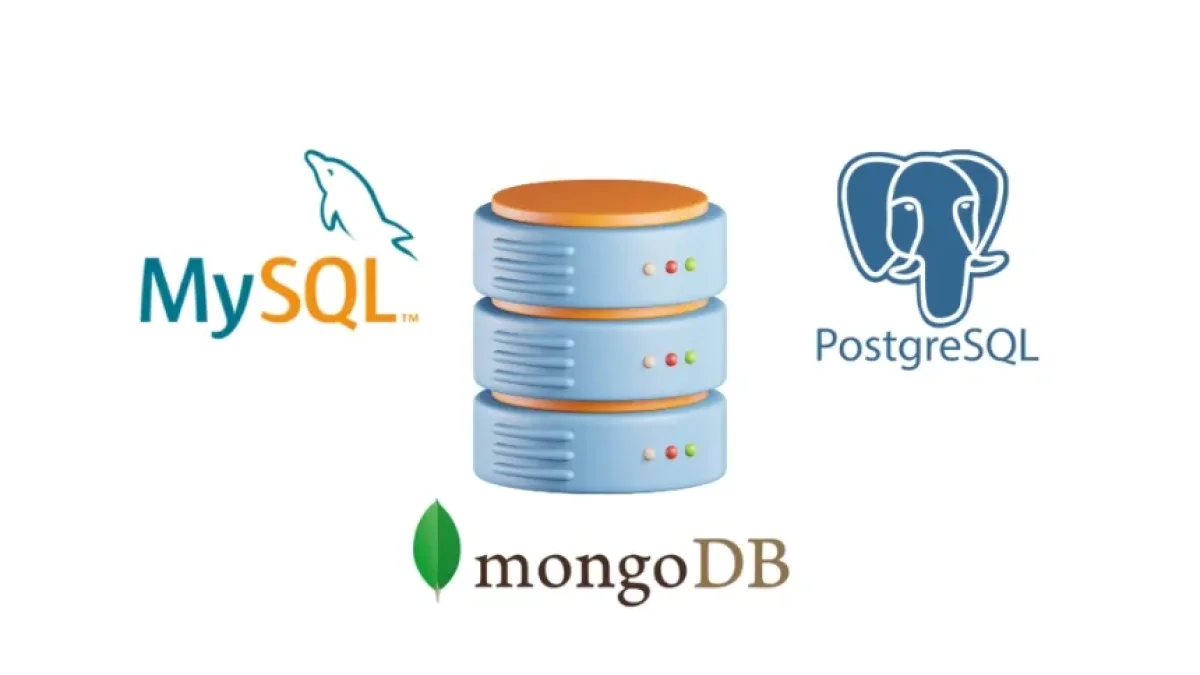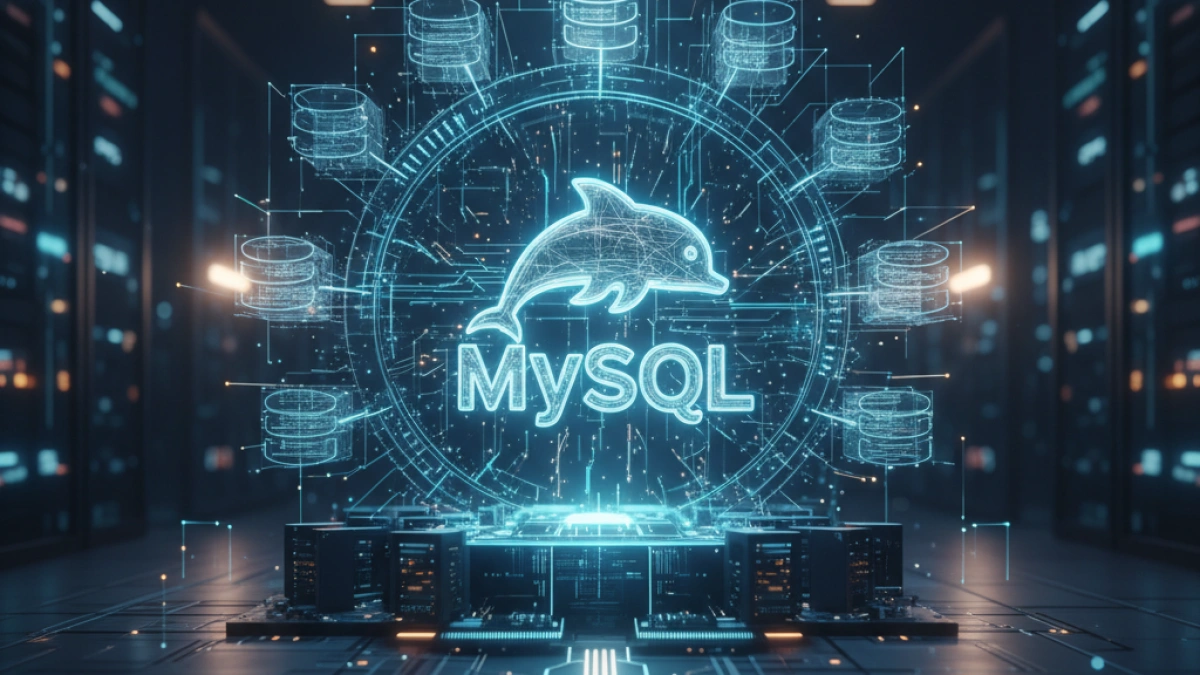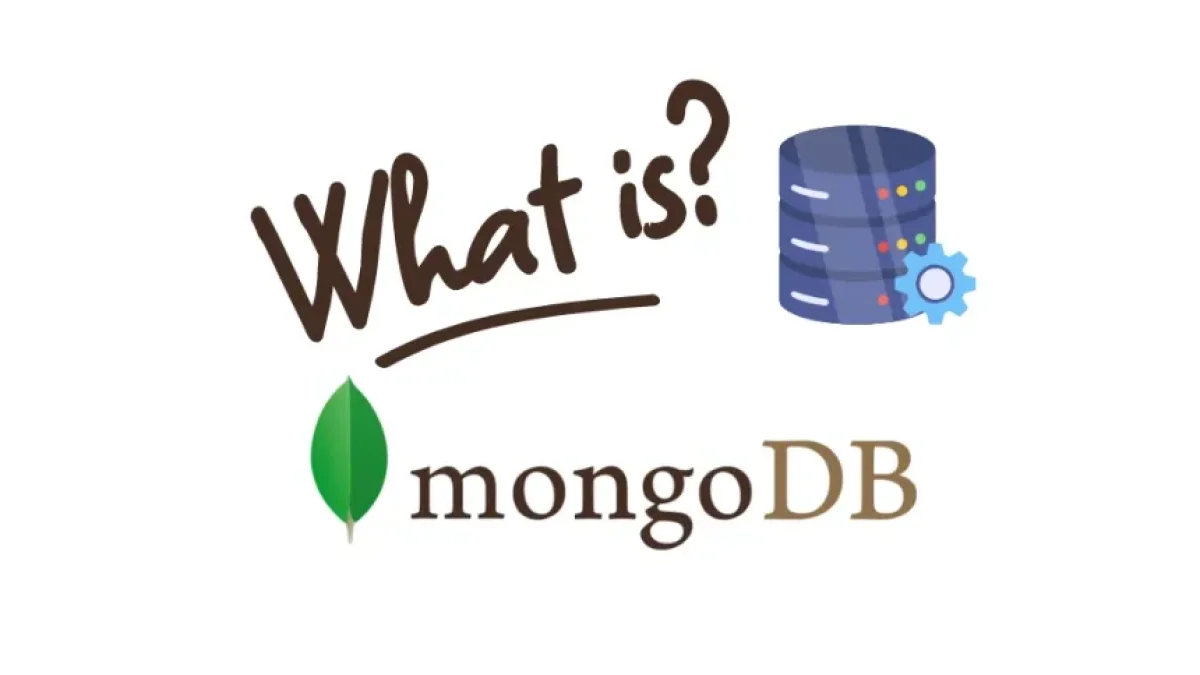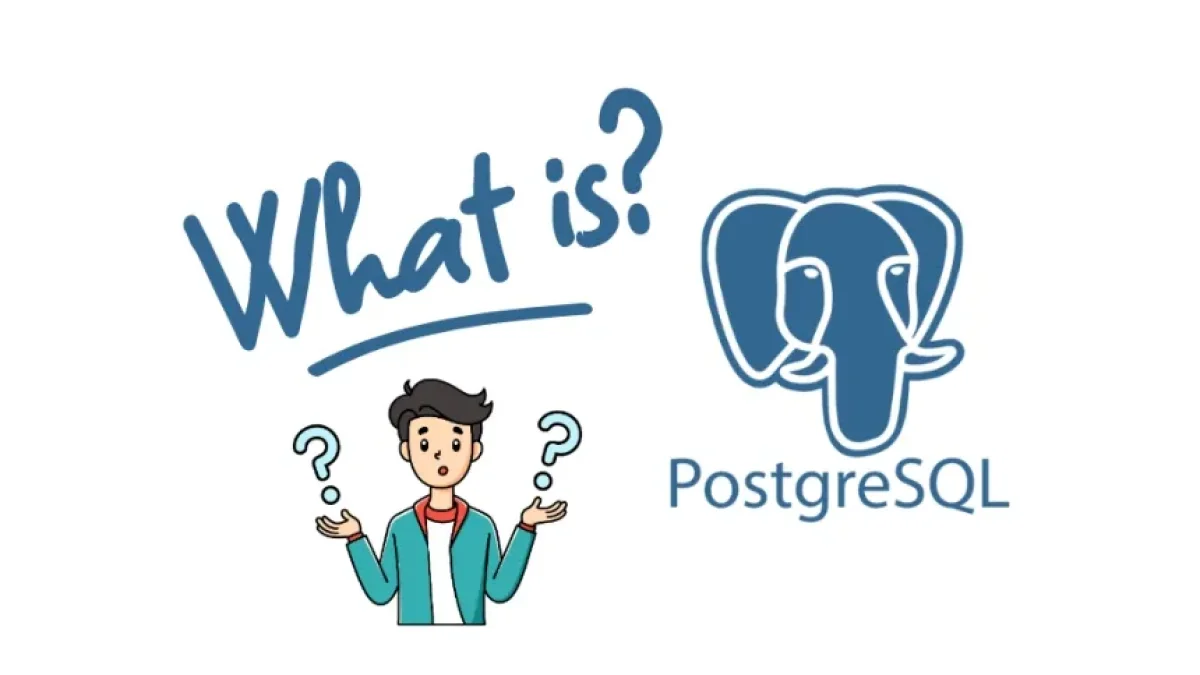SQL or NoSQL Which to Use in Your Projects? Easy Guide


When it comes to storing and managing data, one of the most critical decisions that developers and software architects must make is choosing between SQL (relational) databases and NoSQL (non-relational) databases. In this article, we will explore the differences between the two, their advantages and disadvantages, and provide you with an easy guide to help you decide which is the best option for your projects.
What is SQL?
Definition of SQL
SQL (Structured Query Language) is a programming language used to manage relational databases. These databases organize information into structured tables, which can relate to one another.
Features of SQL Databases
- Fixed Structure: Tables have a specific structure with defined columns and data types.
- ACID Transactions: SQL databases adhere to properties of Atomicity, Consistency, Isolation, and Durability.
- Complex Queries: They allow the execution of complex queries using SQL.
What is NoSQL?
Definition of NoSQL
NoSQL refers to a wide variety of database technologies that do not use the relational model. NoSQL databases are designed to handle the storage and retrieval of unstructured or semi-structured data.
Types of NoSQL Databases
- Document-based: Store data in documents (e.g., MongoDB).
- Key-Value: Use key-value pairs to store data (e.g., Redis).
- Column-based: Store data in columns instead of rows (e.g., Cassandra).
- Graph: Designed to store relationships between data (e.g., Neo4j).
Comparison between SQL and NoSQL
Advantages and Disadvantages of SQL
Advantages
Read also
- Defined Structure: Ideal for applications that require a well-defined data model.
- Data Integrity: ACID transactions ensure that data is consistent and accurate.
- Powerful Querying: SQL allows for sophisticated and analytical queries.
Disadvantages
- Limited Scalability: It can be challenging to scale horizontally.
- Rigidity: Changing the data structure can be complicated.
- Performance: As data volumes grow, performance may degrade.
Advantages and Disadvantages of NoSQL
Advantages
- High Scalability: Designed to scale horizontally.
- Flexibility in Data Model: Allows quick modifications in data structure.
- Handling Large Volumes: Suitable for large amounts of unstructured data.
Disadvantages
- Lack of Standards: There is no universal standard, which can complicate things.
- Lower Transaction Integrity: NoSQL databases generally do not follow the ACID model.
- Limitations in Complex Queries: Queries may be more complicated and less efficient.
When to Use SQL?
Use SQL if:
- Your project requires complex transactions: If your application needs to ensure data integrity, SQL databases are the best option.
- You have a well-defined data schema: When you know exactly how the data will be structured and do not anticipate significant changes.
- Your application is relatively small: For projects with smaller data volumes, SQL databases tend to offer better performance.
When to Use NoSQL?
Use NoSQL if:
- You need to scale quickly: If you're anticipating rapid growth and need your system to support a high load.
- Your data is unstructured or semi-structured: When you're working with different types of data that may not fit easily into a rigid schema.
- Agile Development: You need a flexible data model that can adapt quickly to changes.
Conclusion
The choice between SQL and NoSQL largely depends on the specific needs of your project. SQL is ideal for applications that require consistency and structured data design, while NoSQL is more suitable for applications that need flexibility and scalability.
Final Recommendations
Before making a decision:
- Evaluate your project requirements: Consider data volume, growth speed, and transaction needs.
- Test both types of databases: Run small performance tests and data structure trials to see which fits your needs better.
- Stay informed: The world of databases is constantly evolving, so it's essential to continue learning about new technologies and trends.
Both technologies have their place in modern development, and understanding their characteristics will enable you to make the best choice for your projects.



















